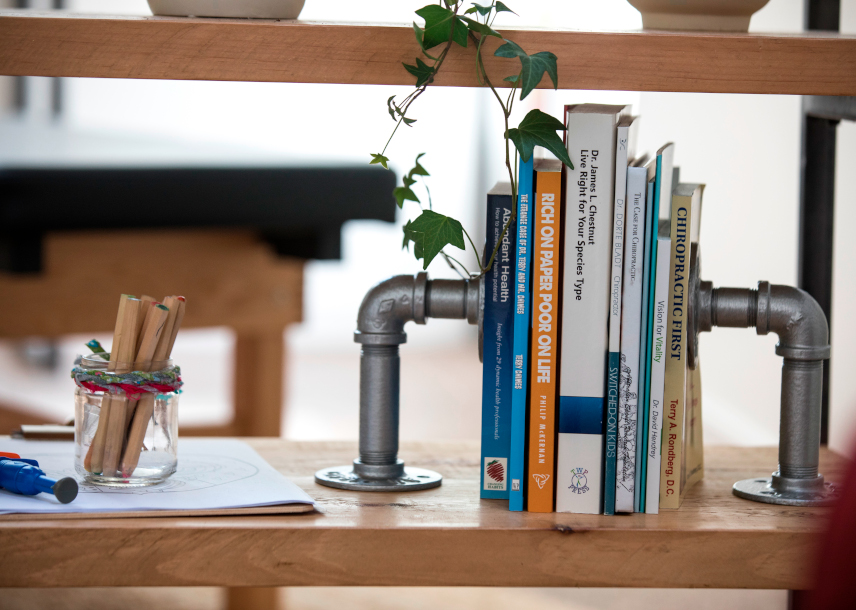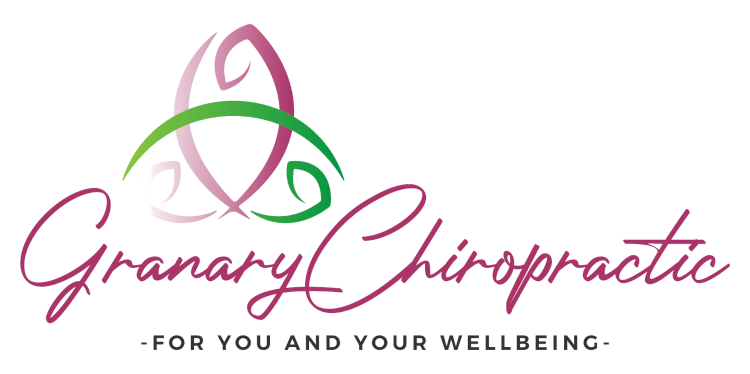
What Does Wellness Mean?
So what does wellness mean? When I started writing this article, I asked lots of friends, family and clients what they thought that ‘wellness’ meant. The responses that I had showed the importance of the concept even if the wording isn’t the same for us all. The main answers were:
- Balanced.
- Self-love.
- Happiness.
- Nourishing my mind and body.
- Listening to my body.
- Being content in all aspects of my life.
- Feeling good physically and mentally.
- Taking steps to feel healthy and happy.
- Feeling good in my own skin.
- Waking up feeling strong, positive and healthy.
- Being kind to myself, others and the planet.
The World Health Organisation defines wellness as ‘a state of complete physical, mental and social well-being, and not merely the absence of disease or infirmity’. Lots of us believe that wellness is about nourishing our mental and physical health, so the next question I want to ask is what are the tools we need to do that, and how do we achieve this healthier and happier? Another important question is how do we achieve this in a way that fits into a busy lifestyle and without it breaking the bank, while still feeling the rightness of it?
Before I write any more, I wanted to take a moment to say that even though I use the phrase ‘wellness’, it may not resonate with everyone. The word itself can sound a little cheesy, but there is a huge amount of science behind so many of the practises that sit under the umbrella term of ‘wellness’. There is an increasing decline in our mental and physical health. Making lifestyle changes and incorporating some of these practises into our daily habits and lives does feel timely and incredibly important. Ignore the terminology, especially if the word wellness doesn’t immediately resonate with you and come back to the core of the rationale behind it, finding simple, everyday tools, resources, even recipes to help us all feel a little healthier and happier.
I have learnt that there is no one clear definition of being healthy and certainly no one right way to do it. Feeling healthy is not just about what goes on my plate or what exercise I do. It isn’t solely defined by how much broccoli or kale I eat or even whether I get my daily steps in. If I’m too stressed, tired, or run down then I don’t feel at my best. If I don’t make time to stop and consciously breathe or move my body, then I don’t feel as energised and positive as normal. I can make healthy meals, but it doesn’t always mean that I am taking care of myself properly and it becomes obvious that I need to do this to find the inner strength required to get through a difficult day or week. I learnt that yoga before work doesn’t work for me, but that listening to an inspiring pod cast on my way to work or when I’m out walking with the dog puts me in a far better frame of mind. A ten-minute meditation before bed helps me sleep and helps get rid of a lot of the late-night worries, whereas journaling just gets tedious before bed and is better in the morning for me. Turning off my phone and reading a chapter of a book before bed rather than emailing and scrolling through social media helps me as well. These are simple changes they aren’t expensive or huge commitments; they are about small tweaks that make the world of difference and I want to learn more about why they help. I also want to pass that information along to you.
I have always been interested in the why. I feel that you must know why you are doing something and often why it works as well, in order to feel motivated to do it. When it comes to our health, we are constantly told to do things. Eat five portions of fruit and vegetables a day (it is now ten portions), walk 10,000 steps a day, get our heart rate up for thirty minutes five or so times a week, meditate, sleep eight hours, manage your stress, eat more fibre… but why? Understanding what happens in our brains and our bodies when we do these things, whether it matters and what potential biological or chemical differences the changes can make to us is for me important.
While studying nutrition I learnt about gut health and the ways in which our gut is connected to the brain. During my MSc I learnt about the power of exercise on our mental health and how moving our bodies in certain ways can even help forge new pathways in our brains. Studying NLP helped me understand trauma and mindset. You will often hear me talk about the powerful impact of plant-based diets on the environment as well as the astonishing issues surrounding food waste. Our stress levels and how they can result in loneliness, technology addiction and the fragmented relationships lots of us now have can all negatively affect our physical health and are all important to wellness.
I hope to walk you through how Chiropractic works and how it can support your immune system, how to get a balanced plant-based diet and unpick some diet myths, what calories really are and how to navigate all the conflicting advice within the nutrition space, how to move your body and build those mind body connections.
Like so many of you I am busy juggling work and home, and it often feels like a game of spinning plates. While building Granary Chiropractic hasn’t been easy, I am also incredibly proud of the journey that it has been and that it wouldn’t be this way without its challenges.
Feeling great isn’t easy, doesn’t happen every day and takes day to day work, but it doesn’t need to be nearly as complex as it is sometimes made out to be. That is what the recipes and advice in this space is all about, fast, free, simple ways to help you feel better. I hope you love this new Wellbeing Hub as much as I will love making it.
Love Kat, x


